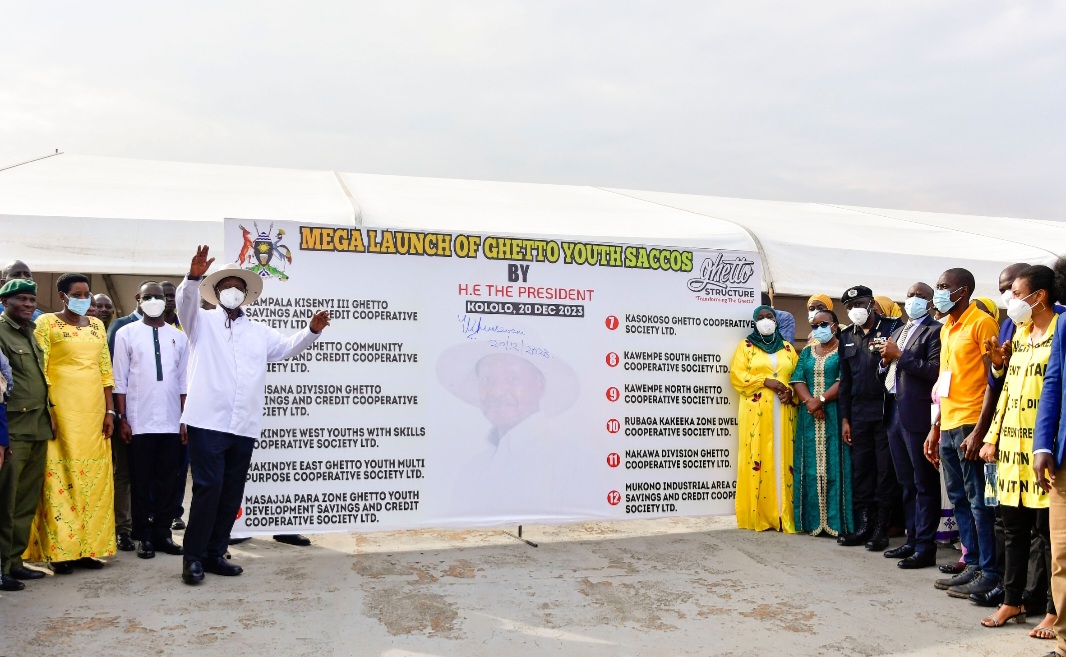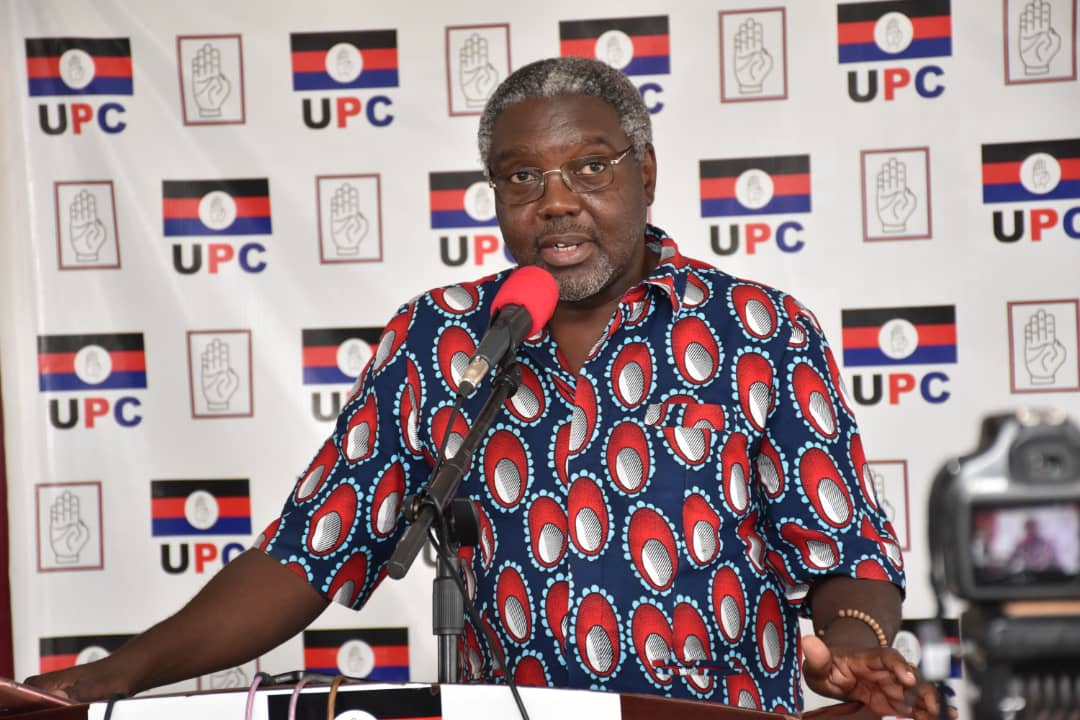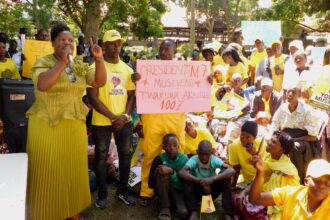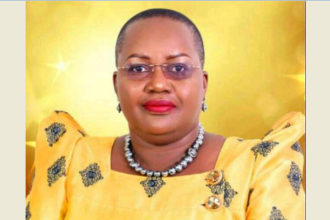As the year rushes to a close, Uganda has witnessed a number of issues, sparking discussions on legality, fairness, and the impact of social media. The spotlight shone on the alleged 100 million shillings “bonanza” for members of parliament, a claim met with skepticism as rumors circulated. The political landscape, fueled by social media, has transformed everyone into an informer, shaping narratives, and challenging readers to discern truth from speculation.
In recent discussions, there has been notable public discourse surrounding the purported allocation of funds to parliament members, allegedly linked to an additional budget for this month. It’s important to acknowledge that the authenticity of these claims remains unconfirmed, creating uncertainty about their accuracy.
The prevalent discussions underscore the influence of social media, providing a platform for individuals to engage in conversations and share their perspectives. This ongoing dialogue reflects the active participation of the public in shaping and disseminating information, emphasizing the role of various communication channels in contributing to the collective discourse and this is one of the positives by government. Everyone has the freedom to say all they want and add their voice on issues at hand in the Country.
The issue of potholes, has garnered widespread concern among citizens, including expressions of discontent from government officials such as ministers and Members of Parliament. Observations have been made regarding the condition of roads in Kampala, highlighting the need for improvements.
Recognizing the significance of addressing these concerns, efforts are underway to undertake road repairs and enhancements before major international events, such as the upcoming Non-Aligned Movement Summit (NAM) and G77+ China forums scheduled for 2024. These initiatives reflect a commitment to providing a conducive and well-maintained infrastructure for both local residents and international guests.
There is ongoing discourse surrounding the topic of special benefits or “privileges” for public officials, where some individuals have received these entitlements in accordance with existing regulations. However, concerns have been raised not only about the nature of these benefits but also about the transparency and timing of their disclosure, causing dissatisfaction among some members of the public.
Specifically, the provision of new cars to former speakers and deputy speakers has stirred public sentiment, with expressions of discontent. Questions are being posed regarding the timeline of these decisions, seeking clarification on whether they represent recent changes or longstanding practices governed by established laws.
This discussion aims to foster a balanced understanding of the situation, recognizing the importance of adherence to legal frameworks while addressing public concerns about the appropriateness and transparency of such entitlements.
There is a perspective suggesting that if certain benefits are sanctioned by existing laws, the focus should be on evaluating and potentially revising these laws rather than attributing blame to individuals availing themselves of such provisions.
This prompts a broader discussion about the principle of equal treatment under the law and whether certain circumstances warrant special considerations. The question arises: should laws uniformly apply to everyone, or is there room for tailored provisions for specific situations? Recognizing the importance of aligning legal frameworks with prevailing economic challenges, there are calls for a thoughtful review and adjustment of these rules to address concerns and promote a more equitable and harmonious societal outlook.
Because there isn’t a lot of money, people are worried about spending too much. They’re talking about finding a balance between following the rules and being careful with money. People are even discussing things like spending too much on food at funerals, saying it’s not a good use of money, especially when people are sad. While the government is trying to be more organized, some still want the rules to be looked at and changed.
As we look forward to 2024, we hope things get better. We’re praying for more jobs, better money situations, and leaders who handle money wisely. We want our leaders to focus on making the country better instead of fighting, so we can keep moving forward.
Talking about leaders, when they retire, they get benefits to make sure they have enough money. This happens in Uganda and all around the world. These benefits include things like money every month, help with housing, security, and sometimes even cars. It’s a way to say thank them for their work and make sure they have what they need after they stop working for the country.
In Uganda, as in many places globally, existing laws outline certain benefits for leaders upon retirement. This perspective generates varied opinions, with some expressing support for these rules, considering them a means of acknowledging the dedicated service of leaders to the public. However, it is essential to note that there are differing viewpoints, with some individuals questioning the appropriateness and relevance of these regulations.
Elsewhere, when speakers of parliament retire, they often receive benefits to recognize their years of service. In the United States, the Former Speakers of the House of Representatives are eligible for a pension, office space, and staff assistance, ensuring financial security and support in their post-speakership life.
In Rwanda, retired Speakers of the Chamber of Deputies receive benefits outlined in national laws, covering financial assistance, housing, and medical care. These provisions are in place to acknowledge their service and maintain their well-being after leaving office.
Similarly, in Kenya, the Retirement Benefits (Deputy President and Designated State Officers) Act outlines benefits for retired Speakers of the National Assembly, including a monthly pension, medical cover, and other allowances to ensure a comfortable retirement.
In South Africa, the retirement benefits for former Speakers of the National Assembly are structured to provide financial support and other perks, recognizing their contributions to the country’s parliamentary proceedings.
These retirement benefits are intended to uphold the dignity of former speakers and acknowledge their dedicated service to the nation.
Concerns about governance have prompted a call for a careful review of existing laws. There is a shared desire to strike a thoughtful balance between upholding legal frameworks and addressing financial challenges. It is essential to navigate the niceties of respecting the law while also taking into account what aligns with the economic well-being of our country.
As we look ahead, there is a collective hope that collaborative efforts will be directed toward the pursuit of national development, fostering an environment where disagreements are minimized, allowing progress to unfold without unnecessary barriers. Merry Christmas
Michael Woira
Patriotic Uganda
Do you have a story in your community or an opinion to share with us: Email us at Submit an Article









